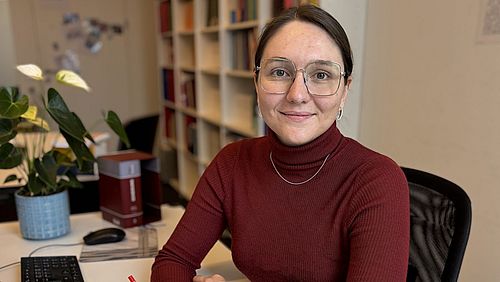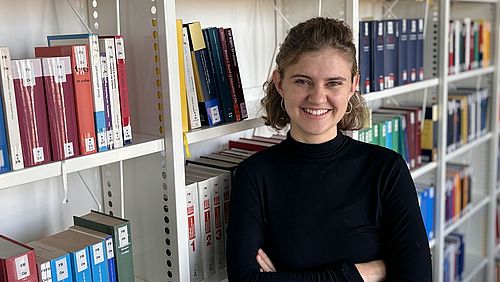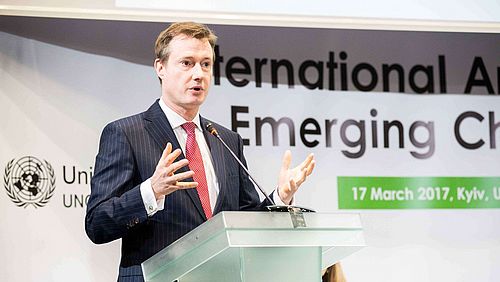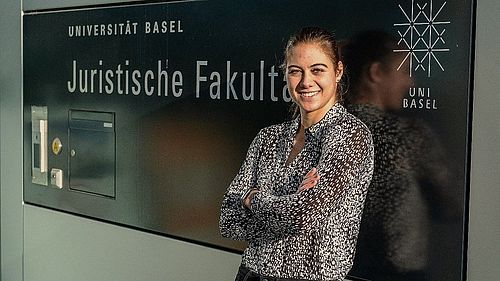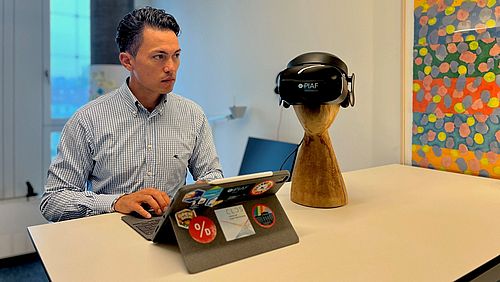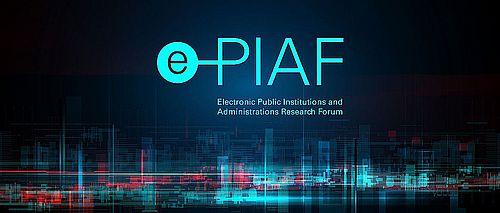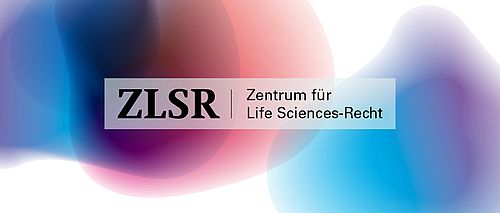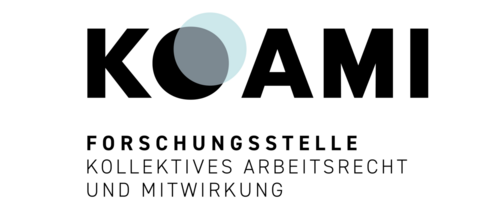Our research
The list below includes the main focus areas of the professorships. Information on additional focus areas can be found on the respective profile pages.
- Digitization in State and Administration Braun Binder
- International and Swiss tax law Cavelti
- Marriage and divorce law Fankhauser
- Criminal Law and New Technologies Fateh-Moghadam
- Intellectual Property Law Früh
- Criminal Law Geth
- International Legal Assistance in Criminal Matters/European Criminal LawGless
- Commercial and Corporate Law Jung
- Civil procedure law Lötscher
- European constitutional law Müller
- Labor and social security law Pärli
- International law Petrig
- Life Sciences Law Schaks
- Fundamental rights and comparative constitutional law Schefer
- Swiss and international contract law Schroeter
- Constitutional and Administrative Law Thurnherr Keller
- Code of Obligations Widmer Lüchinger
- Criminal procedural law Wohlers
- Money and Currency Law Zellweger-Gutknecht
Research portraits
Research centers
Cooperations
The Center for Family Sciences is a nationwide association of academics and practitioners from various disciplines who deal with the family in all its forms.
The purpose ofthe Research Network Law and Religion (FNRR) is the academic examination of the fields of reference that pass between law and religion. It sees itself as an interdisciplinary platform in which law and religious studies primarily meet, but which also includes other academic disciplines such as sociology, ethnology, philosophy and history.
The Responsible Digital Society research network deals with subjects relating to digital transformation and its social, ethical, legal, economics, psychological and political consequences. The critical interdisciplinary dialog on these subjects is to be strengthened beyond the boundaries of the university.
Mensch-im-Recht is dedicated to the theoretical and practical examination of the subject of man, law and justice. The work of the research association is interdisciplinary, involving the university's mid-level faculty and taking into account the latest didactic concepts. In particular, it serves to build a bridge between academia and practice.
The Basel Institute on Governance is an independent not-for-profit competence center working around the world to strengthen governance and counter corruption.
SERIOR offers trinational qualification programs (Germany, France, Switzerland) for PhD students and postdocs: academic qualification and mentoring in summer schools and lecture series as well as a practice-oriented program for knowledge and technology transfer.
Research projects
Ongoing projects
Interdisciplinary Joint Venture asim
KOAMI Research Center for Collective Labor Law and Participation Law
Recalibrating the Incentive Systems for NBT
Responsible Digital Society Research Network
TA Swiss: Digital franc: our money of the future?
The Use of Organoids to Promote 3R under Swiss Law
Handbook on Swiss Corporate Law
Commentary on the UN Convention for the International Sale of Goods (CISG)
Commentary on the Acquisition Compensation Act EOG
Commentary on the Declaration of General Applicability of Collective Employment Agreements AVEG
Commentary on Art. 32-40, 110, 143-150, 458-465 OR
Zurich Commentary on Company Law Volume III
Algorithmic analysis and prognosis of court judgments
Textbook International Criminal Law, Basic Outline for Studies and Practice
Basler Kommentar zur StPO⁄JStPO Art. 139-141 StPO
Commentary on the Code of Criminal Procedure Löwe-Rosenberg
Commentary on the Swiss Code of Criminal Procedure
Swiss Criminal Code - Hand commentary
Systematic commentary on the Code of Criminal Procedure
Results of completed projects
AgeBots - Service robotics in elderly care
The Meaning of Transparency in AI Regulation
Book of precedents, Art. 184-236 OR
Basel Commentary on the CopA, comments before Art. 33-37 and Art. 33-35
Basel Commentary on the URG, comments on Art. 36-38
Financial futures transactions
Commentary on the UN Sales Convention



